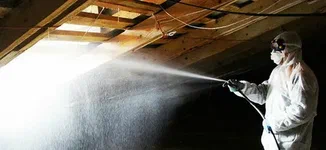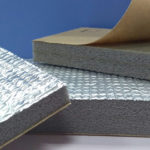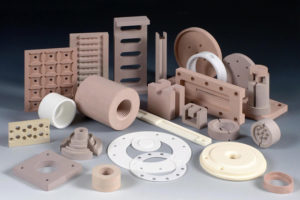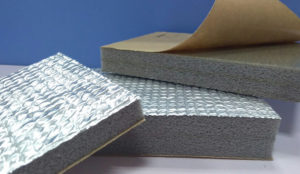
A Thermal Insulator is a material that prevents heat from transferring from one area to another. This can be useful in various situations, such as keeping a house warm in winter or cool in summer. There are many different thermal insulators, each with advantages and disadvantages. Some common materials used as thermal insulators include fiberglass, cellulose, and polystyrene.
Tips on Choosing Best Thermal Insulator
When it comes to keeping your home warm during the winter, nothing is more important than choosing the right thermal insulator. But with so many products on the market, how do you know which one is right for you? Here are some tips to help you make the best decision:
- Consider the R-value. This is a measure of how well the material can resist heat flow. The higher the R-value, the better the insulator will keep your home warm.
- Take into account the thickness of the material. The thicker it is, the more effective it will be at insulating your home.
- Climate you live in. If you live in a cold climate, you’ll need a more heavy-duty insulator than if you live in a milder climate.
- Think about the type of material you want to use. There are many different types of insulation on the market, so it’s important to research and choose the one that’s right for you.
With these considerations in mind, you’ll be able to choose the best thermal insulator for your home and keep your family warm all winter long.
Importance of Thermal Insulator
Thermal Insulation is important because it helps to keep buildings and homes warm in the winter and cool in the summer. It can also help to reduce energy costs since it takes less energy to heat or cool a well-insulated building. Thermal insulation can be made from various materials, including fiberglass, foam, and cellulose. Choosing the right type of insulation from Prime Tech Inc USA for the climate in which you live is important. Fiberglass insulation is generally best for colder climates, while foam insulation is better for warmer climates. Cellulose insulation can be used in either type of climate.
There are many benefits to using thermal insulation, but it is important to remember that it is not a perfect solution. Sometimes, it can make a building too warm or too cold. It is important to consult with a professional before adding insulation to your home or office. They can help you determine the best type of insulation for your needs and climate.
Last Words
A thermal insulator is a material that contains very few free electrons and thus does not conduct heat well. This makes it useful for keeping things cold or preventing heat from escaping. Some common examples of thermal insulators include air, wool, and Styrofoam.
A thermal insulator is a material that reduces the transfer of heat. This can be done in three ways: by reducing conduction, convection, or radiation. Thermal insulation is important for homes and businesses to reduce energy costs during winter and summer. This article outlines thermal insulation, how it works, and some of the most common materials used in residential and commercial buildings.





No comment yet, add your voice below!